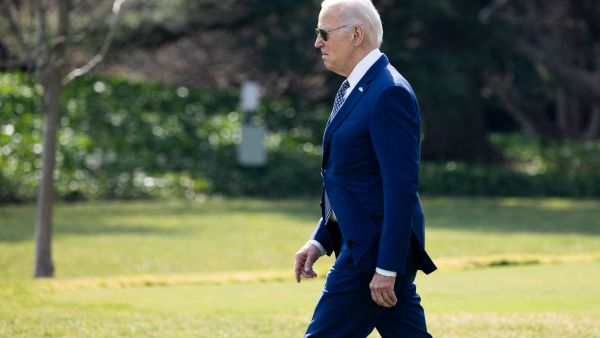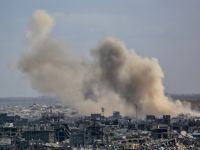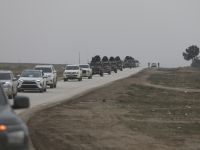ALBAWABA - During his visit to New York, U.S. President Joe Biden stated that Israel will be halting its "activities" in Gaza during the holy month of Ramadan.
Biden stated on Monday that Israel had agreed to pause its Gaza offensive during the Muslim holy month of Ramadan as part of a negotiated truce agreement.
"Ramadan's coming up and there's been an agreement by the Israelis that they would not engage in activities during Ramadan as well, in order to give us time to get all the hostages out," Biden said in an interview with late-night comic Seth Meyers on the US network NBC.
During the Paris negotiations, Israel and Hamas agreed on the initial framework for the next hostage swap deal, where Israel agreed to the release of 400 Palestinian detainees, including individuals serving high sentences, in exchange for Hamas releasing 40 Israelis including women and elderly.
The terms demonstrate Israel's commitment to enabling displaced people to gradually return to the northern Gaza Strip.
The office of Israeli Prime Minister Benjamin Netanyahu yesterday stated that the army had given its operational plan for a ground invasion into Rafah, Gaza's southernmost town on the Egyptian border, where 1.4 million Palestinians have sought refuge.
Al-Aqsa Flood operation against Israel
Hamas military group announced on Oct. 7 a military operation called "Al-Aqsa Flood" against Israel which is the biggest offensive in decades.
Palestinian fighters “infiltrated” Israel from the Gaza Strip and captured military bases and took hostages as photos and videos went viral online showing Hamas fighters on vehicles inside Israel and others paragliding into occupation territory.
In response, Israeli armed forces announced targeting Hamas positions inside the Gaza Strip. Thousands were killed, and dozens of thousands of others were injured in the Israeli attacks on the Gaza Strip.
The latest statistics by the Ministry of Health in Gaza revealed that the death toll from Israeli brutal pounding on the Gaza Strip since October 7 has soared to 29,782 people, with more than 70,043 injuries.
Since then, approximately 85% of Gazans have been displaced, all of whom are suffering from severe food insecurity, and the healthcare system has collapsed. Hundreds of thousands of people lack shelter, and aid trucks are entering the area at a lower rate than before the conflict began.








